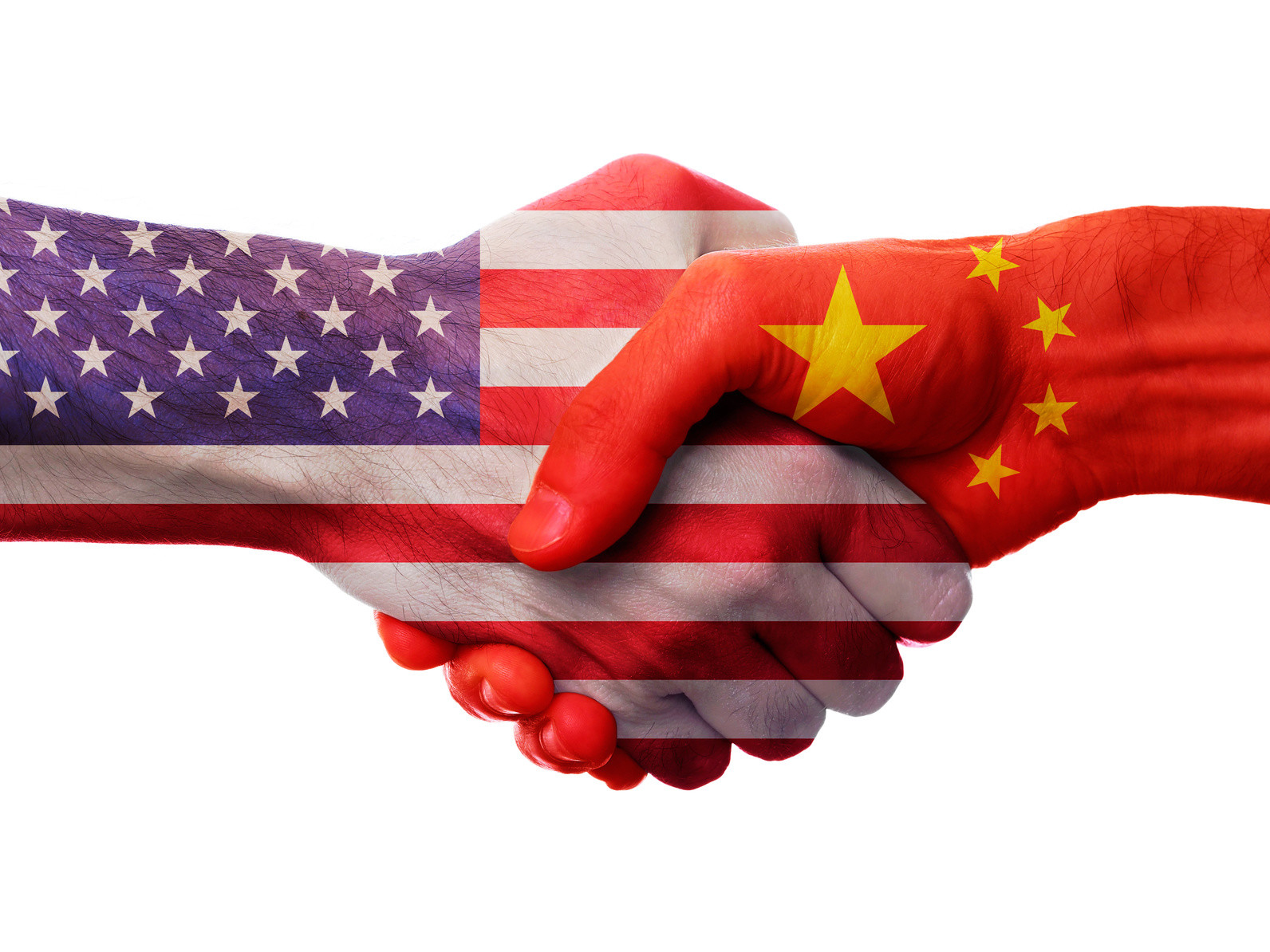

Jun
If you’re an American, German or Japanese investor, you probably feel more comfortable with domestic investments. Or even if you venture outside the domestic realm as let’s say a German, you most likely feel more secure gaining exposure to a more established market such as the US one, perhaps by investing in an index fund that tracks the S&P 500.
In contrast, markets such as China seem riskier and… well, they are. However, in the world of investment, assessing risk to reward ratios is the name of the game. In other words, a good investor is a person that is able to spot opportunities which present a risk/reward ratio that is asymmetrically in their favor.
Should foreigners invest in China because it’s a less risky approach than investing in other countries? No.
Should foreigners invest in China because the risk/reward ratio is asymmetrically in their favor? Yes.
Here’s why:
- China is what one can call a secular mega-trend. In other words, while the ride will not always be smooth (just like it wasn’t all clear sailing back when the US became the world’s #1 economic superpower), it would take successive economic cataclysms of epic proportions to drive China off-course to such a degree that it would risk not becoming the world’s #1 economy very soon
- The return potential is more than high enough to offset the higher degree of risk involved. While overly-prudent investors stay away from China due to the “Wild West” element associated with the idea of investing there, wise investors choose to hop on board precisely because of the Wild West dimension. Status quo assets like let’s say blue chip German or US stocks are solid choices which can help you preserve your wealth, whereas Wild West-type opportunities such as those available in China can generate life-altering wealth enhancement results. The difference between investing in China and investing in more mature markets is essentially the difference between wealth preservation and wealth enhancement, to over-simplify
- Diversification. Leaving everything else aside, while it may feel more comfortable to invest 100% of your capital in highly established markets, where does that leave diversification? Contrary to popular belief, the West is dealing with more than a few problems that are systemically devastating. For example, how much longer can the US basically export inflation (borrowing money at extremely low interest rates and using said capital to acquire products and assets in other countries, thereby essentially exporting inflation) as opposed to actual products and services? The same way, many other Western nations are on a structurally unsustainable path and while nothing seems to be breaking right now, can you be 100% certain that will not change? If so, feel free to keep your current wealth allocation strategy unchanged. If, however, you have doubts, smart diversification is the operative word
- Learning and growth opportunity. If you have the habit of watching a fair bit of financial TV, where everything seems to always be pressing/urgent, it tends to give you an overly-rushed perspective on life. There is more to life and also wealth management than that. Investing in China should be treated as a long-term play and accompanied by the willingness to also learn a thing or two about the market you are embracing, something ChinaFund.com is here to help you do
- China went from following to leading. Far too many investors make the mistake of being stuck with a way of thinking consistent with 20th century realities about China rather than 21st century one. They still see China as a country that’s only able to copy technology and mass-produce cheap merchandise. But ask yourself, who is the top producer of solar energy? What about wind energy? Who is set to dominate new fields such as artificial intelligence and robotics? Who is the leader in online commerce (hint: it’s not the Amazon/US duo)? The list of questions pertaining to cutting-edge industries to which the answer is “China” could go on and on, which should make it clear that there’s a generation-defining shift taking place, with China being increasingly willing to lead and blaze trails now that its catch-up game with the West is on the verge of ending
- Everyone is underestimating China. Despite the country surpassing milestone after milestone, the #1 reaction of Western observers is downplaying the importance of the events that are unfolding. As ironic as it may sound, the world’s #2 economy by nominal GDP and #1 economy by PPP GDP is also one of the most underestimated players out there. Eventually, this will change, but you having the opportunity to grab a piece of the pie before than happens represents yet another element that tilts the risk/reward ratio in your question
- Calculated, sustainable expansion. China’s smart attitude when it comes to reaching out to Africa and is worth including in your analysis, as is the manner in which it is positioning itself when it comes to a wide range of less developed trading partners. Essentially, they are establishing themselves as leaders in the markets with the most potential out there and everything one can observe about China’s foreign policy makes it clear it is in it for the long haul
… it becomes quite hard to put an end to such a list, because arguments in favor the idea that investing in China comes with an extremely tempting risk/reward ratio are literally all around us. China is, without a doubt, the elephant in the room that apparently everyone is trying to ignore. Do the same at your own peril.
